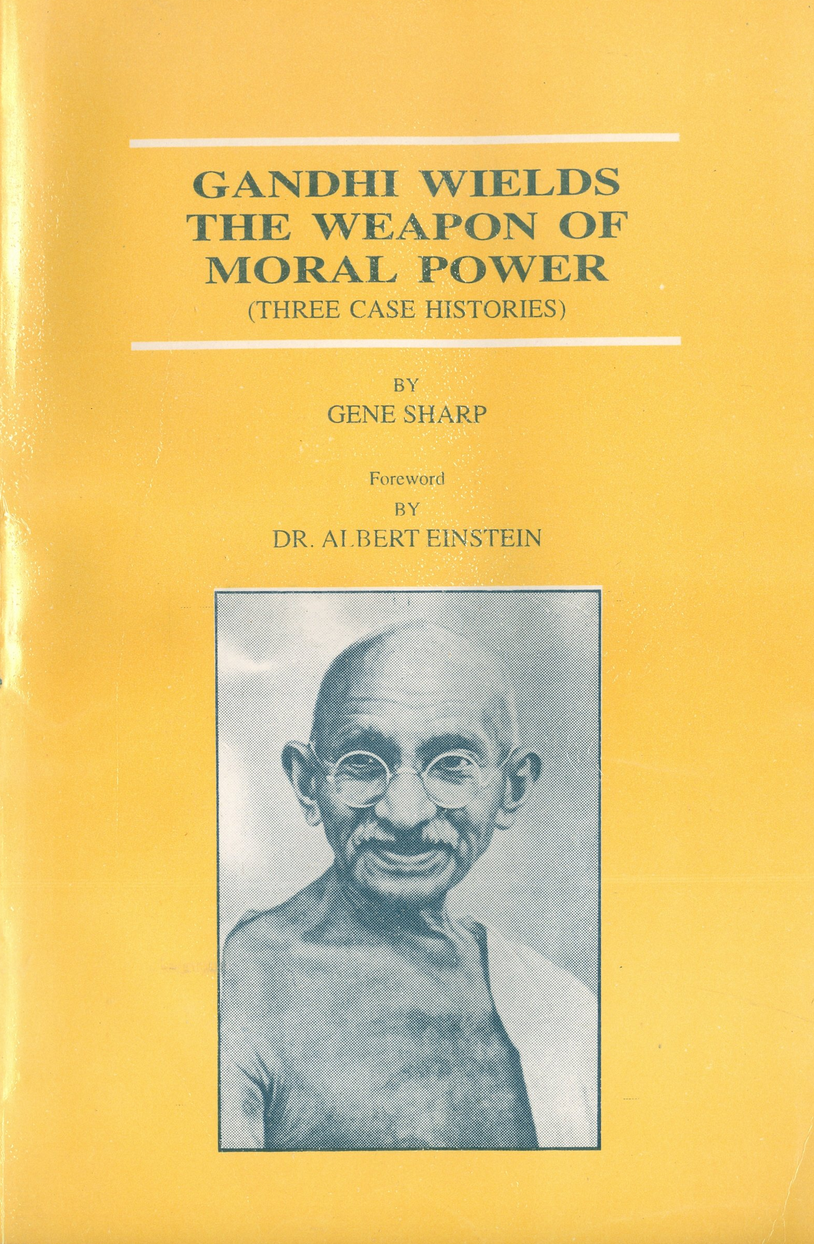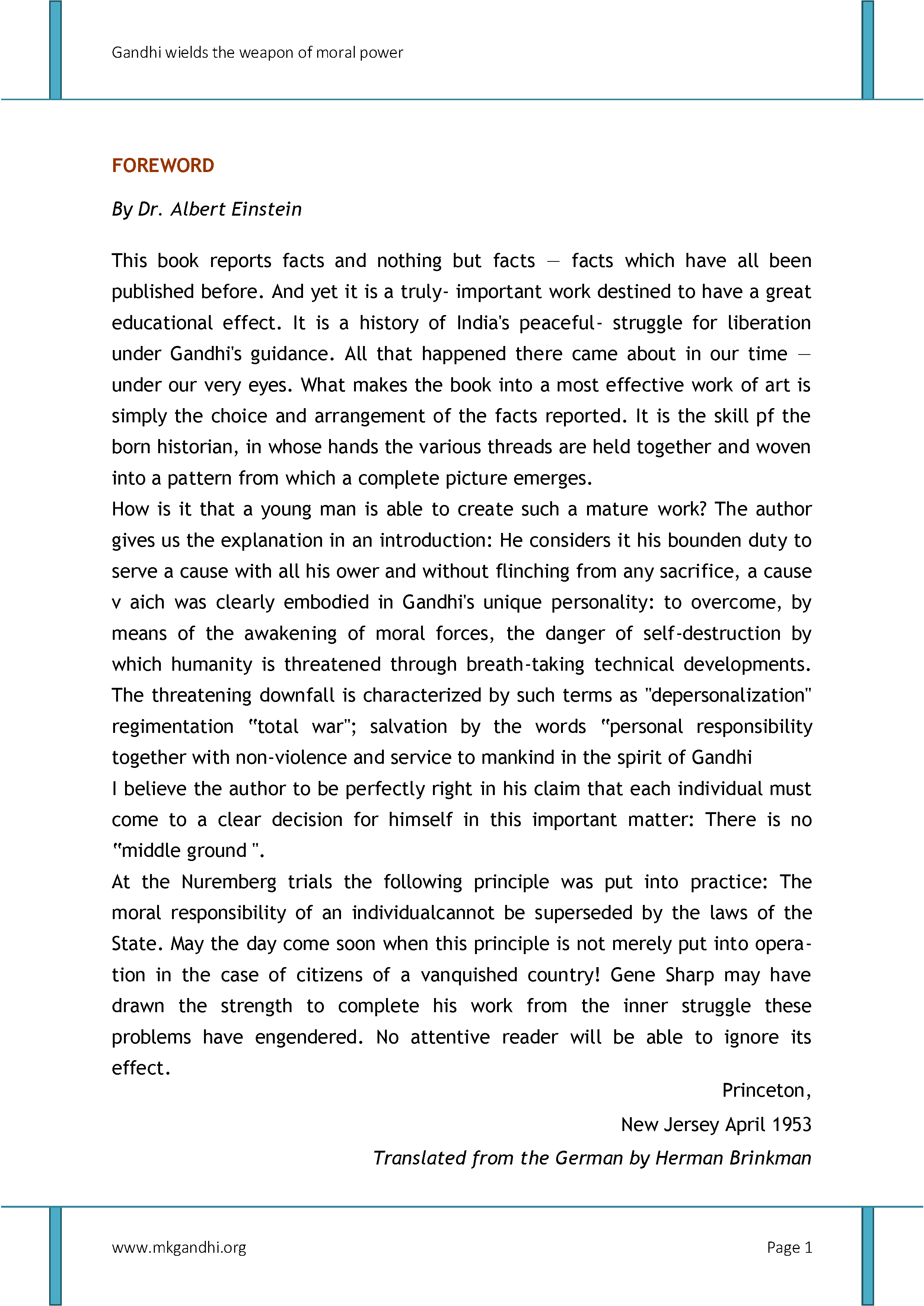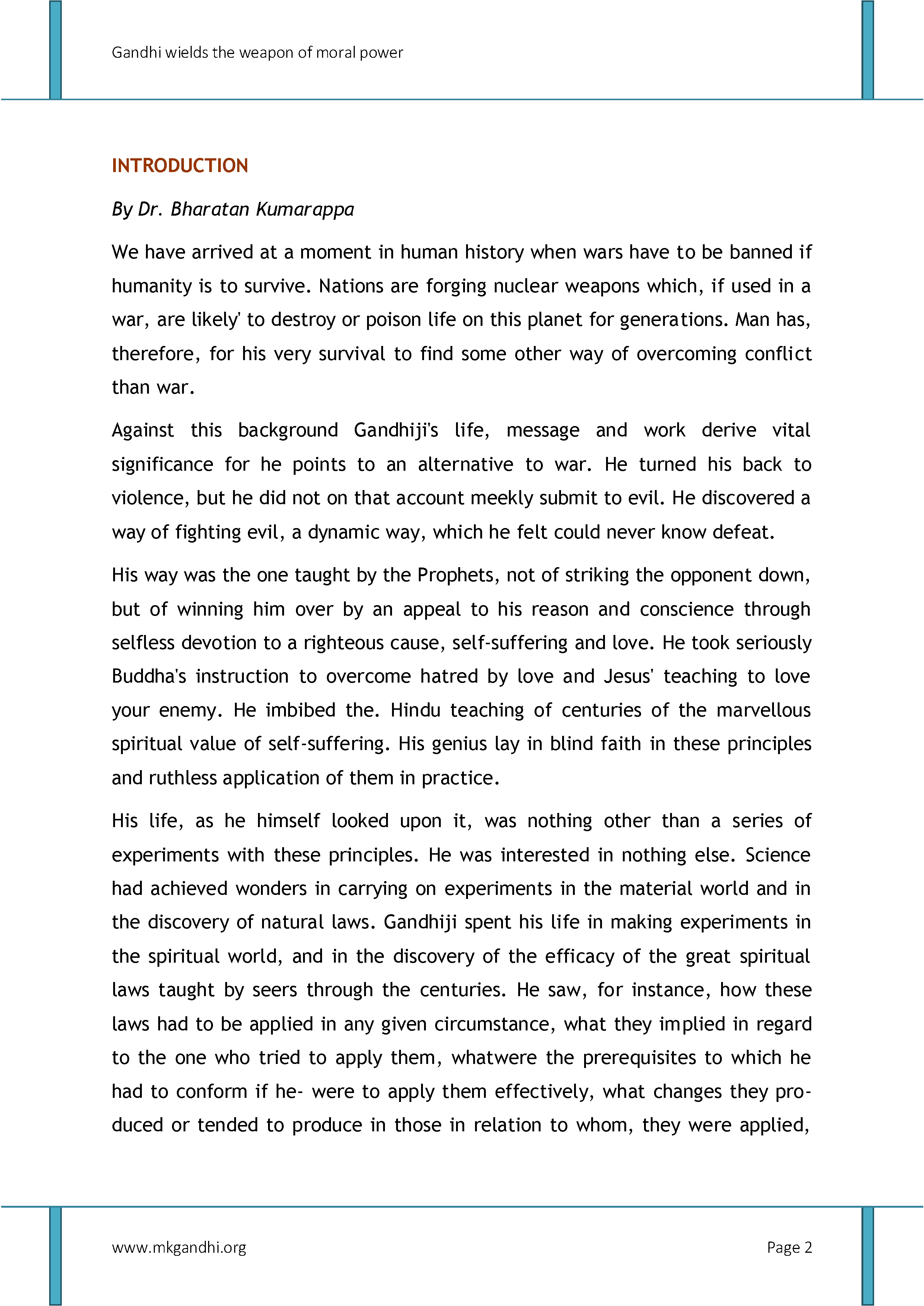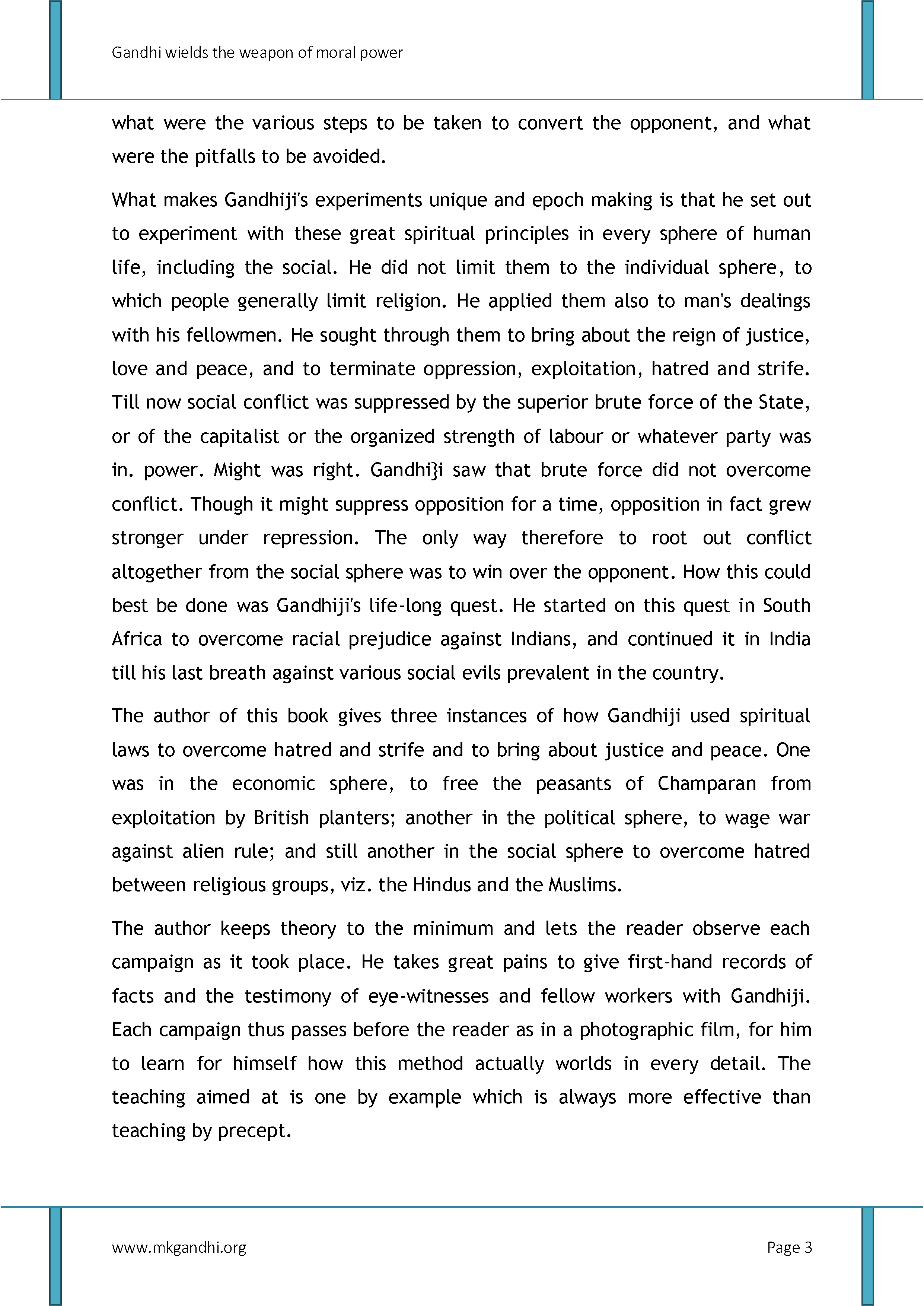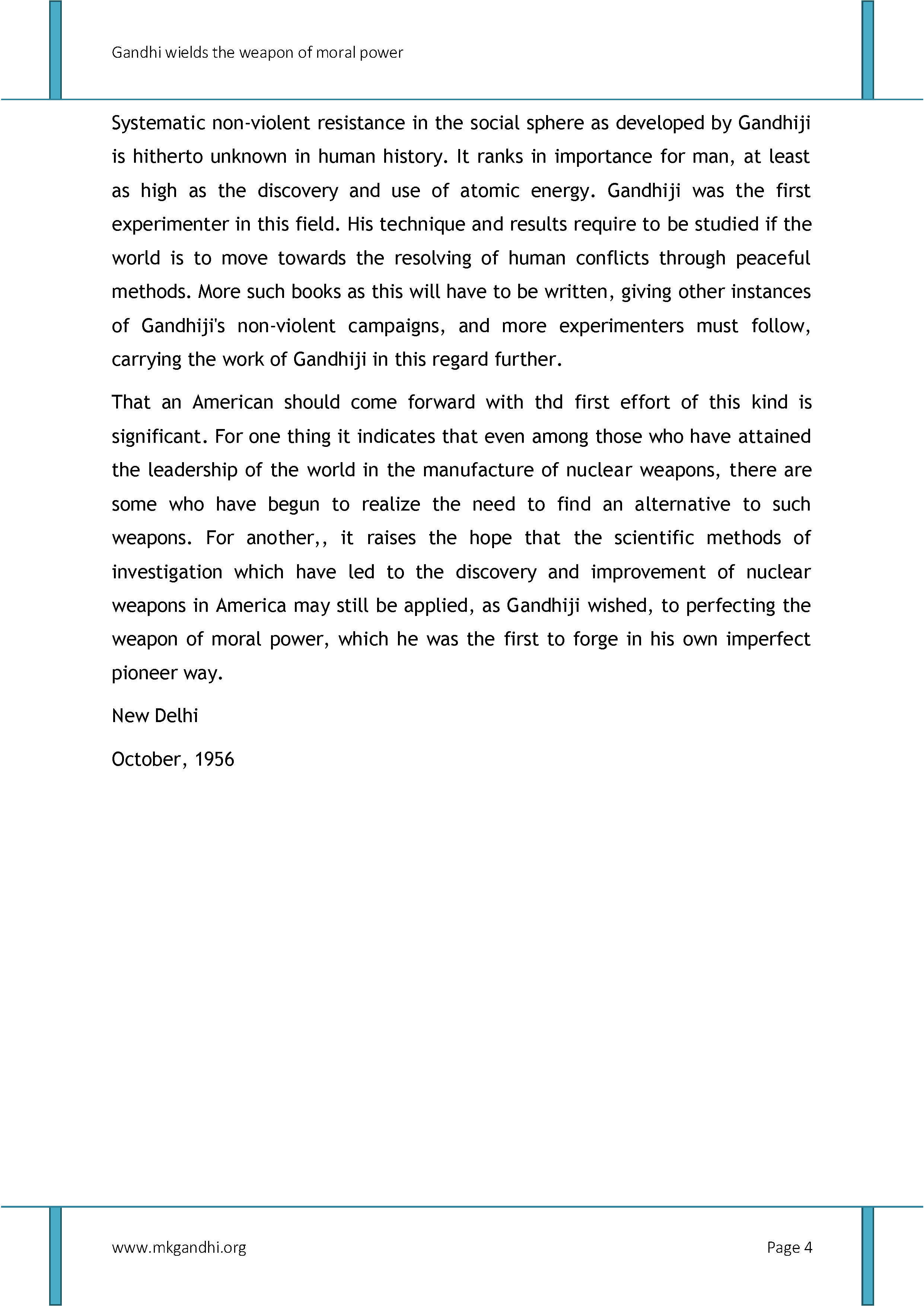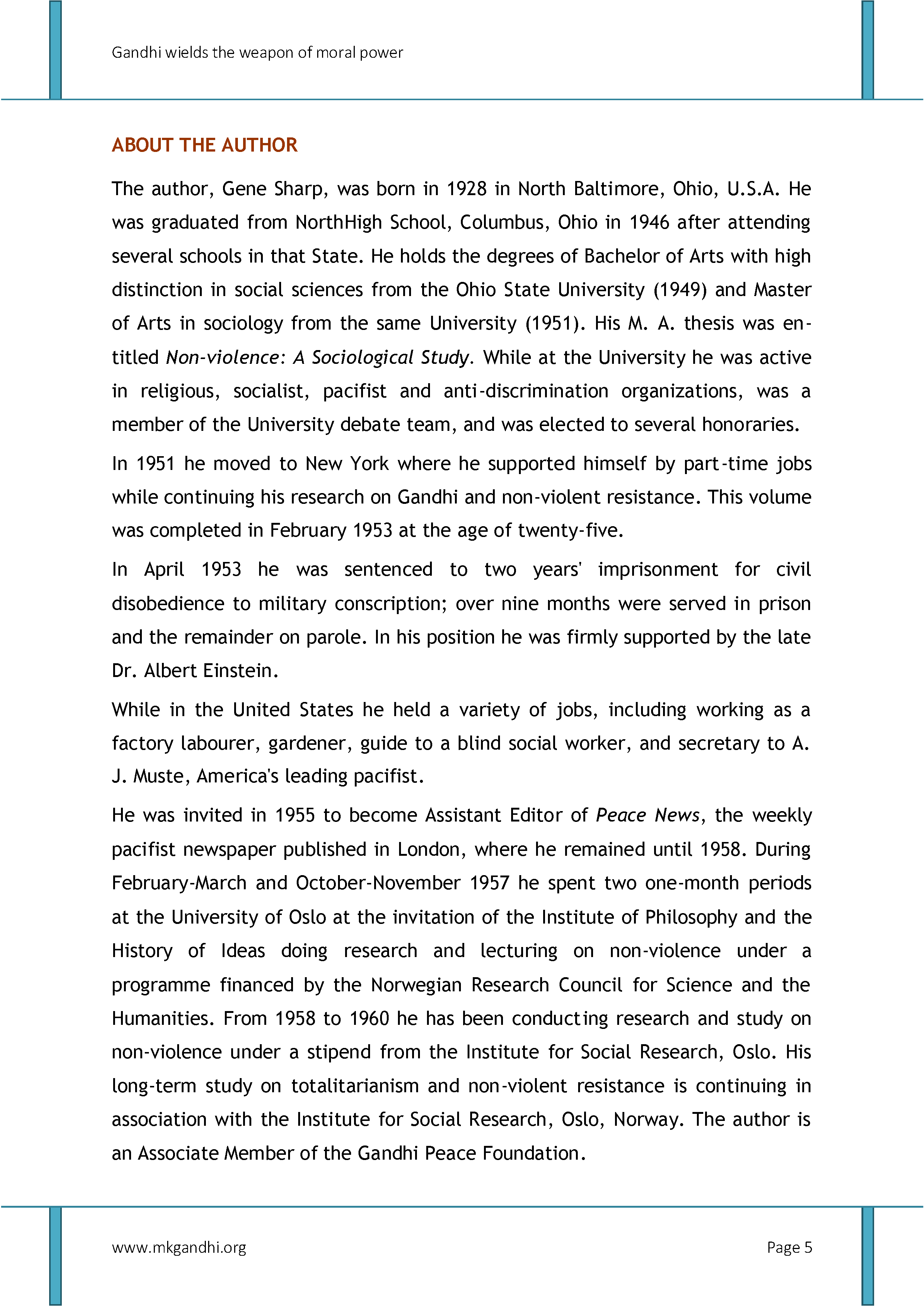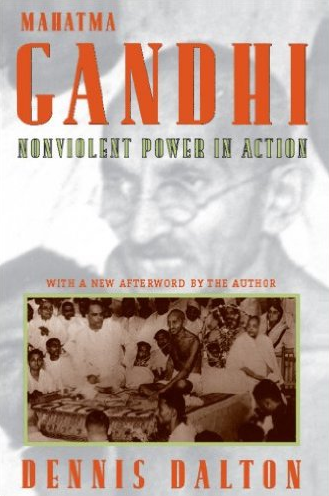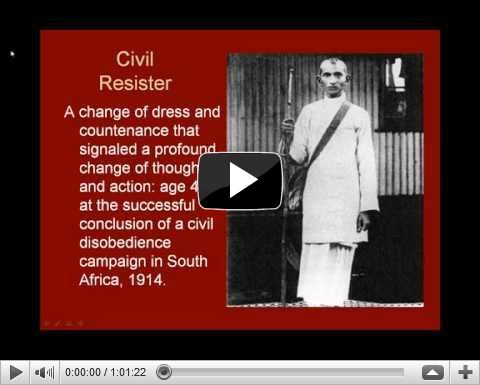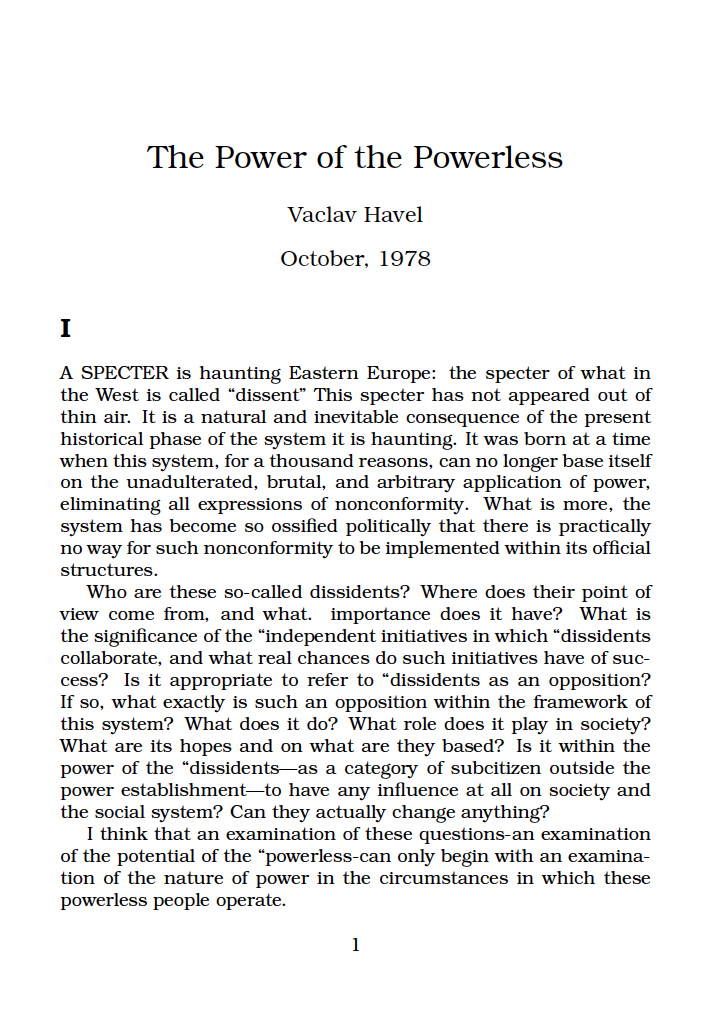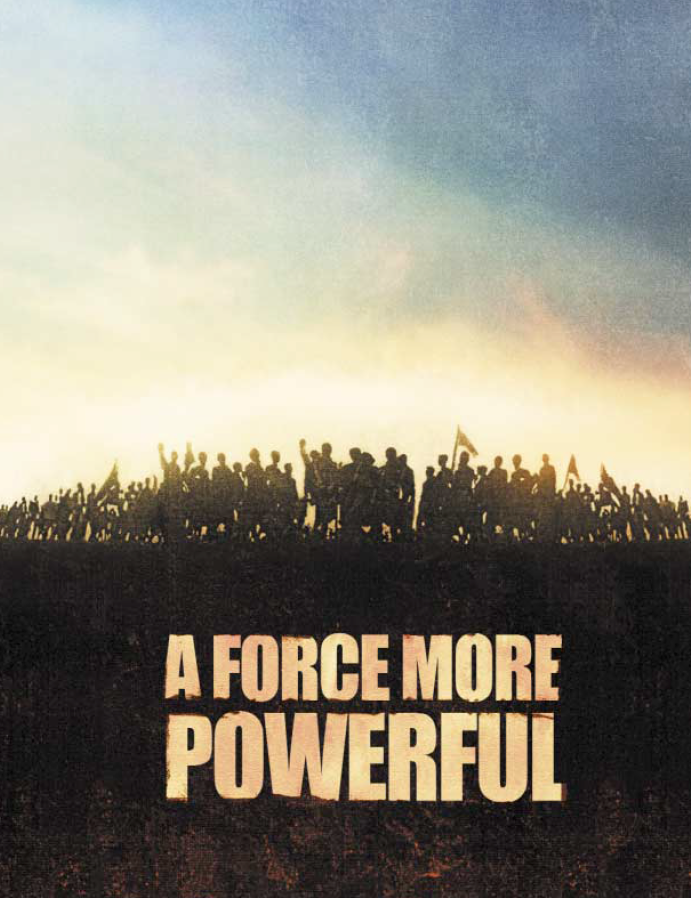Gandhi Wields the Weapon of Moral Power (Three Case Histories)
Gandhi is one of the most widely known men of our age. He is also one of the least understood. Many are those who will glibly say what a great and good man he was. Also there are those who would regard him as an impractical, idealistic reactionary. Most of these people of both groups are profoundly ignorant of what this man was trying to do and how he tried to carry on his work. One of Gandhi’s greatest contributions is the development of an active, dynamic way of combating social evils without the use of violence.
This method of struggle needs to be understood in the context of Gandhi’s whole philosophy. His thinking about the role of leadership, discipline and strategy need to be studied and evaluated also[…]
Click here to access more civil resistance resources
Navajivan Publishing House, 1960
Ahmedabad: — September 1960
ISBN-10: 8172291922
ISBN-13: 978-8172291921
